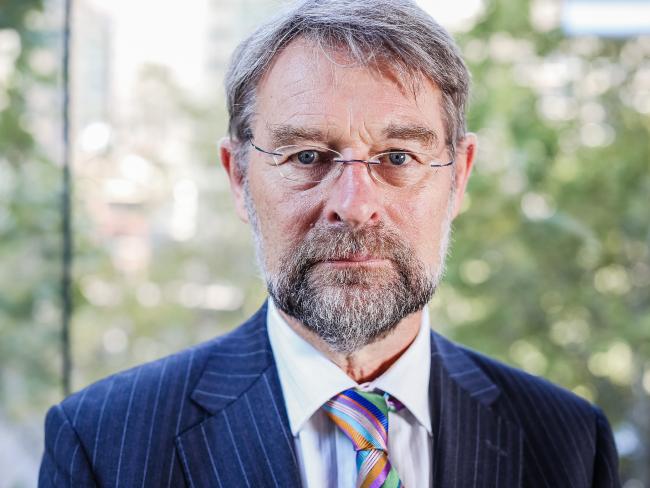
SOME surgeons are charging ten times the Medicare fee leaving patients with gaps of up to $17,000 that makes their health insurance almost worthless.
And News Corp has been told some doctors are rorting heath fund no gap schemes by charging patients secret extra fees in the form of booking fees or second invoices.
Health fund peak body Australian Private Health Care has confirmed its aware of health funds who have taken action against doctors for “inappropriate billing”.
The problem is so bad the Royal Australasian College of Surgeons (RACS) has set up a new fee conduct committee with the power to sanction high charging doctors.

“There are some surgeons who try to disguise this by charging a booking fee or sending patients a second invoice,” RACS president Professor David Watters said.
“It’s not an ethical practice.”
He’s also concerned about surgeons who advise their patients to contact a financial adviser to help pay their surgery bills.
“I don’t believe anybody should have to access their superannuation or re-mortgage their home or resort to crowd funding in order to pay for an operation they need,” Professor Watters said.
Health fund NIB has revealed up to one in three prostate surgeons charge between $9,500 and $10,000 for prostate surgery, more than twice the AMA recommended fee.
Some doctors are charging up to $8,000 for hip replacements when the AMA recommended fee was $3,690, it says.
In 2014 Medibank revealed one of its members was left to pay $17,000 in out of pocket expenses for prostate cancer surgery. This occurred after his surgeon charged $19,998 for a prostatectomy when the Medicare fee was $1935 and the health fund’s gap cover was $2938.
BUPA says one surgeon charged $9,999 for a knee replacement when the Medicare schedule fee was $1,317.
The extraordinary fees mean health fund members are paying three times for their health care — once through the Medicare levy, then via a private health insurance premium and for a third time through gap payments to surgeons.
BUPA’s website provides members with advice about which doctors are least likely to treat patients under schemes that limit out of pocket expenses to patients.
The health fund is also poised to publish lists of the average fees charged per procedure so its members can tell if their doctor is charging more than their peers.
Other health funds are also taking action to help their members choose surgeons with lower charges.
NIB is publishing information on the Medicare fee for procedures as well as Australian Medical Association recommended charges so patients can see how their doctor’s fees compares.
Medibank is providing specialists with data to help them compare the prices they charge with those charged by others.

RACS has told News Corp patients should not believe that the best surgeon is the one that charges the most.
Tax office data has shown surgeons earnt an average of $573,778 a year in 2014 and a new study from the University of Technology Sydney has found they charge wealthier clients more than poorer clients.
Surgeons use private health insurance status and employment status to work out how much they think they can charge them, the study found.
Rheumatologist and University of Melbourne Professor Peter Brooks has lashed out at his overcharging colleagues.
“It’s outrageous, there is no control,” he said.
“Patients don’t know what the market is, they’ve got no clue what the guy down the road charges and they can’t value the service they get anyway,” he said.
Doctors evade any government control of their fees because “the Constitution says you can’t tell doctors what they can charge,” he said